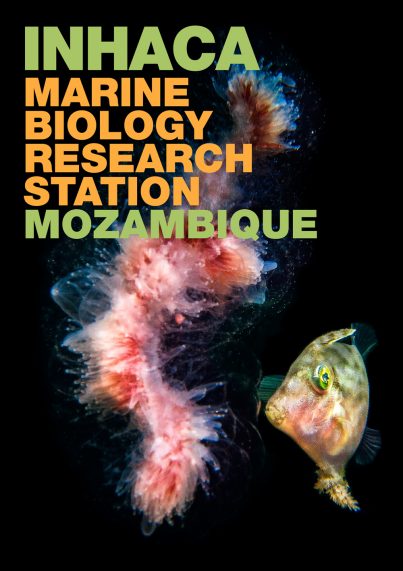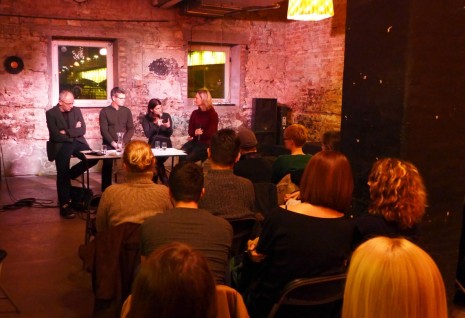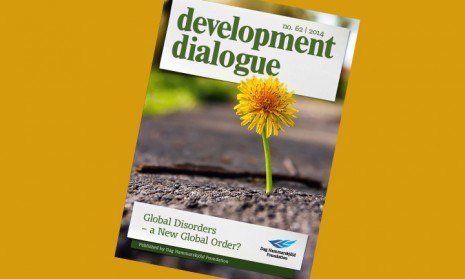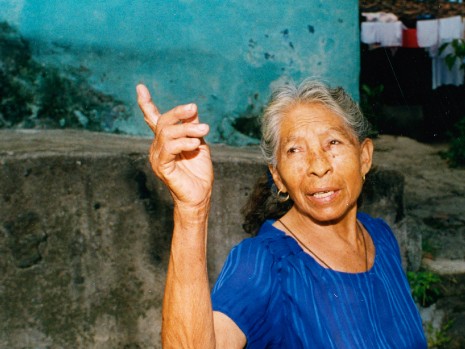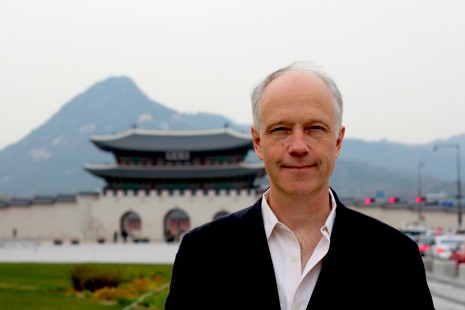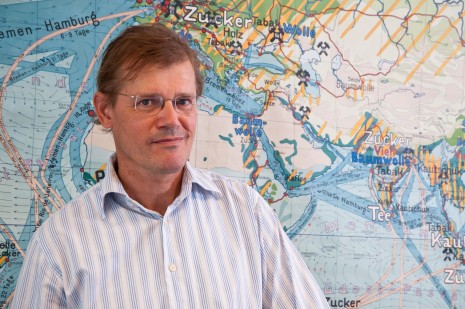
“The biggest challenge for the new country South Sudan will be to unite the various communities and create one common identity”, says Egbert Wesselink, author of the report Unpaid debt. The report is about the oil companies Lundin Petroleum, OMV and Petronas, and their activities and possible contribution to the oil wars in Southern Sudan during the period 1997–2003.
What sectors are to be prioritised in order for the process of developing a new state (South Sudan) to be successful?
– First, they have to create a shared identity. This is a country that has been divided by tribes and wars since its independence.
The North has always ruled the South. The only way to develop a healthy relationship between the North and the South is if the South can become resistant to being divided.
Second, tribal wars, political adventurism. There have been four rebellions since January in the South. The local warlords do not want to be ruled by the SPLM.
The last challenge is peace building. The tribes were against each other during the war and now they have to reconcile even though the border has not yet been completely set. There is still land grabbing between different tribes. There is a fundamental lack of culture to come to an agreement; many people see violence as a solution to problems and this is something that has to change.
People expect the oil to run out in approximately 15 years. What will happen after the oil runs out?
– It will become like many other countries in Africa. Many people in the countryside will not feel the presence of a government anymore, the challenge is to build an inclusive government.
Many mention the agriculture as the no. 1 thing to develop, what do you think about that, is that the right way to go?
– I think it is the right way. South Sudan could be the breadbasket of Africa. They have a a lot of fertile land, a lot water and then they have the Nile. To invest in agriculture and mining is the key.
So, what do you think of the future of South Sudan?
– For a country that is coming out of a war, South Sudan is fairly rich. The income average is 1000 USD per person per year and that is a lot compared to many other countries in the region. Corruption is widespread and the country has a large debt but there is a strong commitment from the international community to fix this. I am optimistic because the international community is willing to provide debt relief and this gives a chance to fix the financial mismanagement.
There is a lot of fear that Sudan will turn into Somalia but I don’t think so. The people want to become businessmen, they want to have a normal life, they are fed up with war.
There is a lot of aid going to Sudan today, maybe too much to handle at the moment. Will it keep coming in in 5 years? That is very important.


